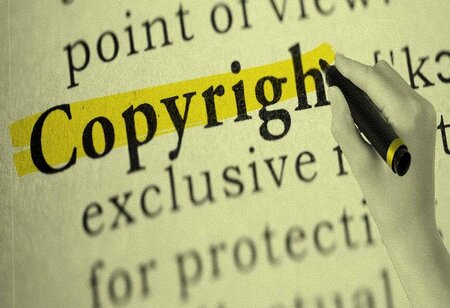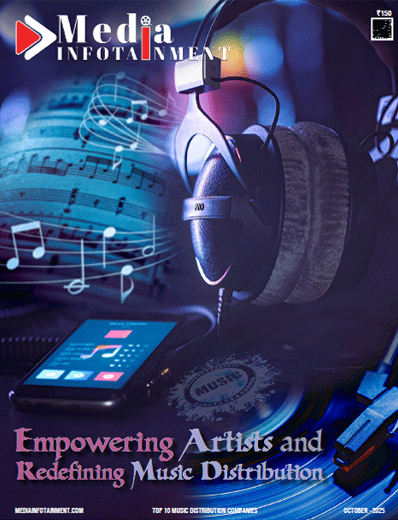DPIIT Withdraws Copyright Regulation Order to Bolster Rights Holders' Position
According to experts, the DPIIT's withdrawal of the September 2016 office memorandum expanding the scope of copyright regulation to internet transmissions would strengthen copyright owners' position and help them negotiate fairer royalty rates. Last Thursday, the Department for Promotion of Industry and Internal Trade (DPIIT) retracted an office memorandum proposing to broaden the scope of Section 31D to include internet communications.
The government agreed to bring Internet broadcasting within the Copyright Act in 2016, via an office memorandum.
The DPIIT has said that, in view of the ruling of the Division Bench of the High Court of Bombay in the matter of Tips Industries Ltd versus Wynk Music Ltd, the office memorandum issued by the department on September 5, 2016, is "hereby rescinded".
This section discusses legislative licences for the transmission of literary, musical, and sound recordings.
According to Abhay JV, Partner at Shardul Amarchand Mangaldas & Co., the withdrawal of the office memorandum would be welcomed by copyright owners (record labels, for example), as it will enhance their position in discussions with organizations interested in streaming works on the internet.
"The major advantage to the owners of copyright will be that they will now be able to negotiate the royalty rates, without being anxious of such rates being decided by the commercial court," according to him.
However, he noted that the DPIIT's decision highlights the need of India having a balanced structure in place that benefits both copyright owners and groups seeking to use copyrighted works on the internet.
"This is especially important given that India has a large internet subscriber base and an OTT market that generates significant revenue." The present legislation must be amended to keep up with technological innovation and deal with the complicated difficulties that arise as a result," Abhay remarked.
Explaining the rule, he stated that Section 31D (inserted after the 2012 amendment) of the Copyright Act of 1957 states that any broadcasting organization desiring to communicate a work to the public through a broadcast or performance can obtain a statutory license to do so by providing prior notice and paying royalty to the copyright owner at the rate determined by the commercial court.
In other words, it established a legislative licensing structure that permitted broadcasters to convey work after paying a royalty to the copyright holder, he explained.
"Section 31D does not include the right to transmit works online via internet transmission. Abhay stated that transmission via the internet might encompass online music streaming services, as well as other relevant streaming services and OTT platforms.
This lack of transmission via the internet helped copyright owners since it allowed them to leverage the ever-expanding online market through individual licensing arrangements rather than relying on statutory licenses issued by the competent body.
On September 5, 2016, the DPIIT issued an office memorandum stating that Section 31D, which refers to 'any broadcasting organization desirous of communicating to the public', may not only cover radio and TV broadcasting, but also internet broadcasting.
"Despite concerns raised by the sector, particularly the music business, the directive was not withdrawn. The DPIIT has now retracted the notification on August 21, 2024, as a result of the Bombay High Court division bench's decision to dismiss the appeal in Wynk Music Ltd. v. TIPS Industries Ltd. based on a settlement between the parties," he stated.
Ajay Srivastava, Founder of the Global Trade Research Initiative (GTRI), stated that the rescinding of the judgment is an important legal milestone in India's digital content and copyright environment.
"It underscores the judiciary's role in interpreting statutory provisions and the importance of ensuring that digital platforms comply with the correct licensing frameworks," the attorney general stated.
Srivastava explained that the choice is anticipated to have a long-term influence on the digital music business, impacting how music is licensed and delivered online while promoting fair pay for artists and rights holders.
"The verdict represents a triumph for copyright holders, strengthening the protection of their rights in the digital era. It stresses the necessity of obtaining necessary permissions before disseminating intellectual information online, perhaps leading to more strict compliance standards in the business," he added.
On the other hand, digital music platforms have expressed concerns about the potential increase in licensing costs and the difficulties of renegotiating agreements, he said, adding that the decision may also affect the availability of certain music on these platforms because the cost of obtaining licenses may affect their business models.
🍪 Do you like Cookies?
We use cookies to ensure you get the best experience on our website. Read more...






